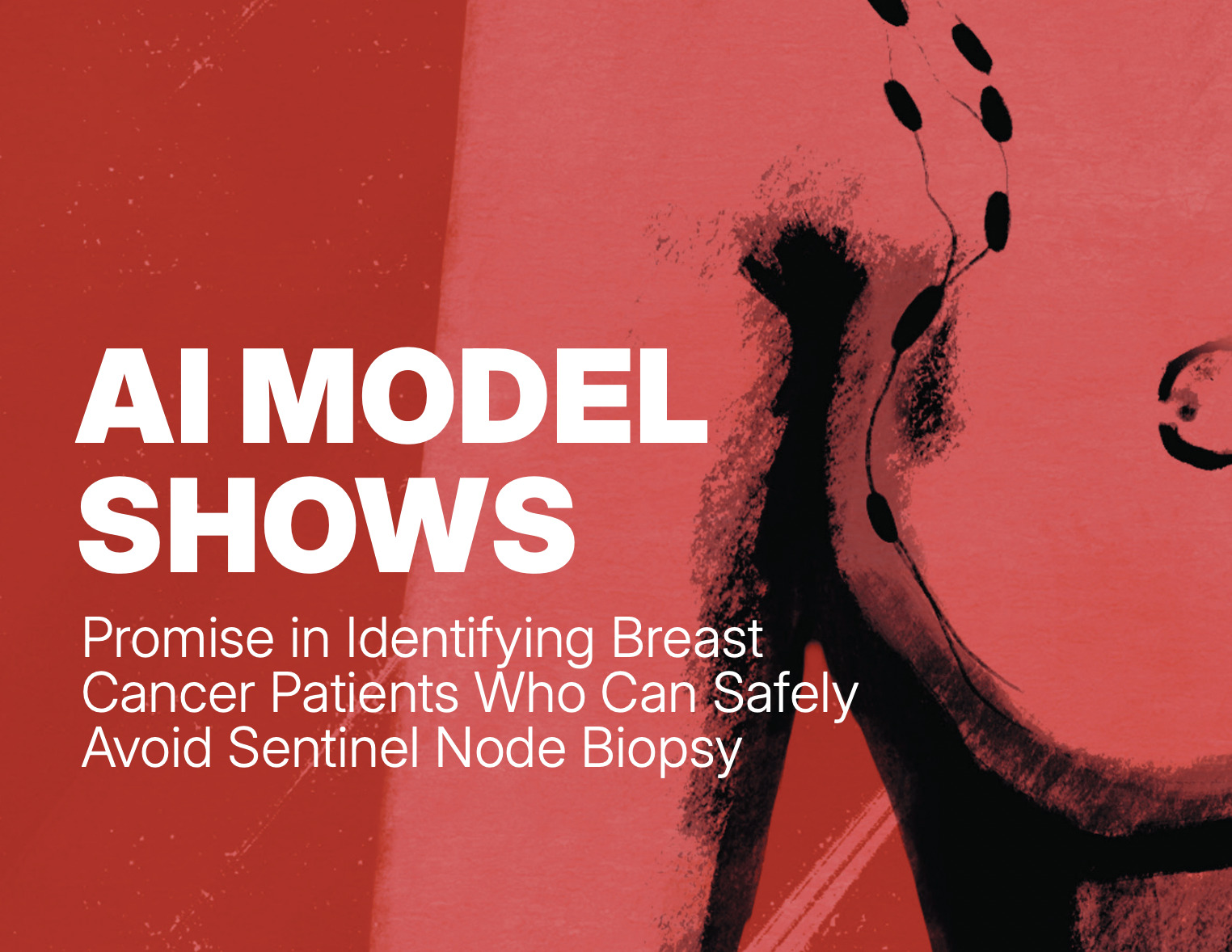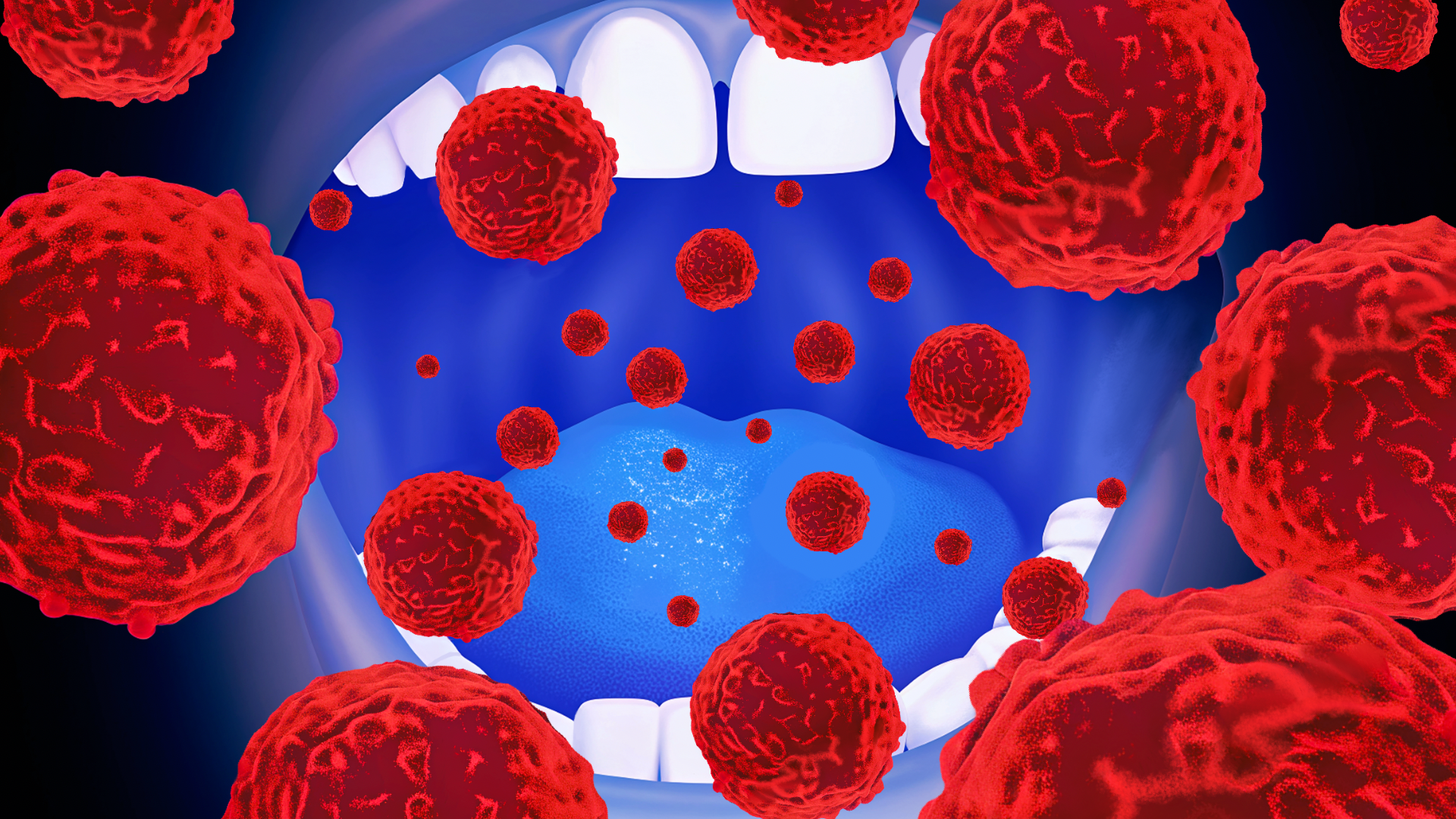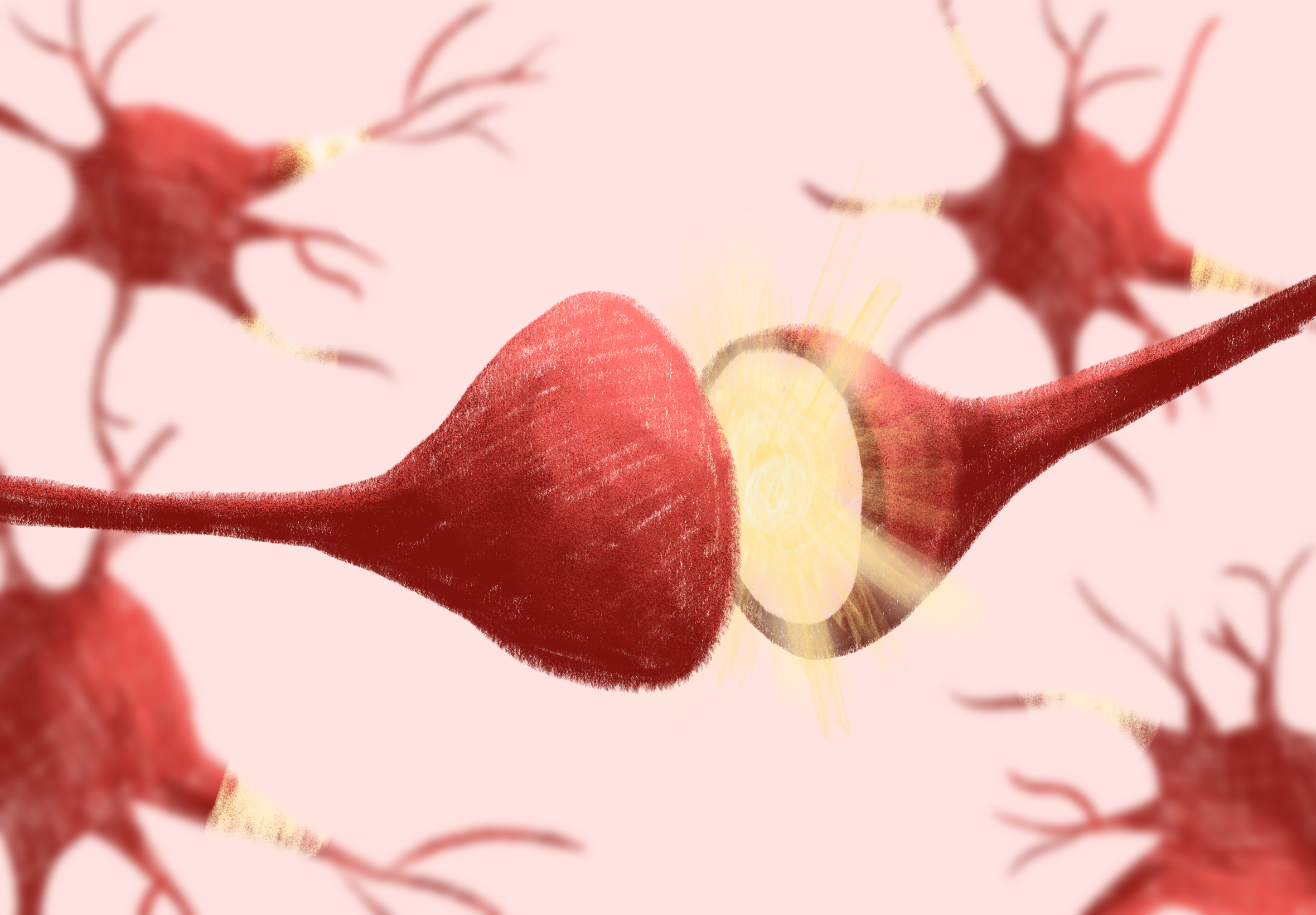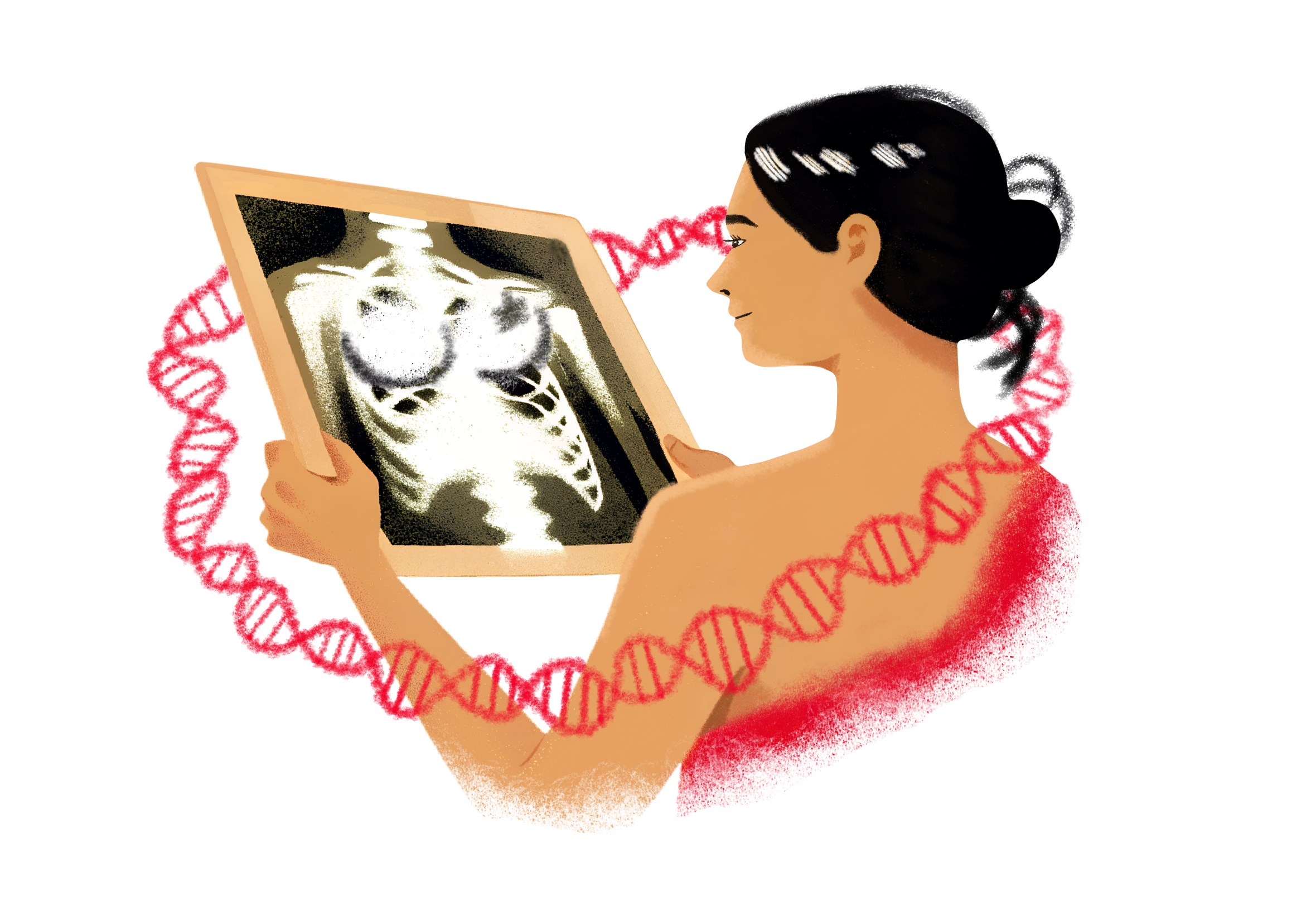Posts by author
Janet Fricker
Rethinking Immunotherapy for Pancreatic Cancer: A Universal Approach
Chimeric antigen receptor natural killer T (CAR-NKT) cell therapy, a novel form of immunotherapy, is emerging as a promising ‘off-the-shelf’ treatment for patients with pancreatic cancer. In a study published in PNAS, November 21, 2025, U.S. investigators report that CAR-NKT cells…
AI Model Shows Promise in Identifying Breast Cancer Patients Who Can Safely Avoid Sentinel Node Biopsy
An AI model has been trained using mammograms to identify breast cancer patients who could be spared from unnecessary lymph node biopsy procedures. The study, published in NPJ Digital Medicine, 10 July, found that the introduction of the AI model…
The Oral Microbiome as a Non-Invasive Biomarker for Early Detection of Pancreatic Cancer Risk
Twenty-seven species of bacteria and fungi among the hundreds that reside in human mouths have been collectively linked to people having a 3.5 times greater risk of developing pancreatic cancer. Among these, the study, published online in JAMA Oncology, 18…
Respiratory Infections Trigger Metastatic Breast Cancer in the Lungs
Common respiratory infections, including COVID-19 and influenza, can awaken dormant breast cancer cells that have spread to the lungs, setting the stage for new metastatic tumours. The study published in Nature , 30 July, included findings obtained in mouse models…
Artificial Sweetener Reduces Response to Immunotherapy
Could artificial sweeteners undo the benefits of immunotherapy? A study published in Cancer Discovery, July 30, found that melanoma and non-small cell lung cancer (NSCLC) patients who consume high levels of the artificial sweetener sucralose have worse responses to immunotherapy…
Could Radiotherapy Offer Unexpected Protection Against Alzheimer’s Disease?
Women who survive breast cancer may face a surprising advantage: a lower risk of developing Alzheimer’s disease than their peers without cancer. The cohort study, published in JAMA Network Open, 20 June, found that breast cancer survivors had an 8%…
Antidepressants Show Potential to Fight Cancer
Selective serotonin reuptake inhibitors (SSRIs) enhanced the ability of T cells to fight cancer and suppressed tumour growth across a range of cancer types in both mouse and human tumour models. The study, published in Cell, May 20, further showed…
BRCA1/BRCA2 Mutations Carriers at Greater Risk for Anaplastic Large Cell Lymphoma Associated with Breast Implants
Breast cancer survivors who carry BRCA1 or BRCA2 mutations and received textured implants are 16 times more likely to develop breast implant-associated anaplastic large cell lymphoma (BIA-ALCL) than those who have implants but do not carry these mutations. The study,…
How a Simple Photo Can Help Predict Survival in Cancer Patients: The FaceAge AI
A deep learning model using biological age estimations from photographs improved physicians’ survival predictions in patients with incurable cancer receiving palliative care. The study, published in Lancet Digital Health, found that the faces of cancer patients averaged five years older…
Cannabis Use is Linked to Increased Mortality in Colon Cancer Patients
Colon cancer patients with a documented history of high cannabis use prior to diagnosis showed dramatic increases in mortality. The study, published in the Annals of Epidemiology on April 28, found that cannabis users were nearly 25 times more likely…










